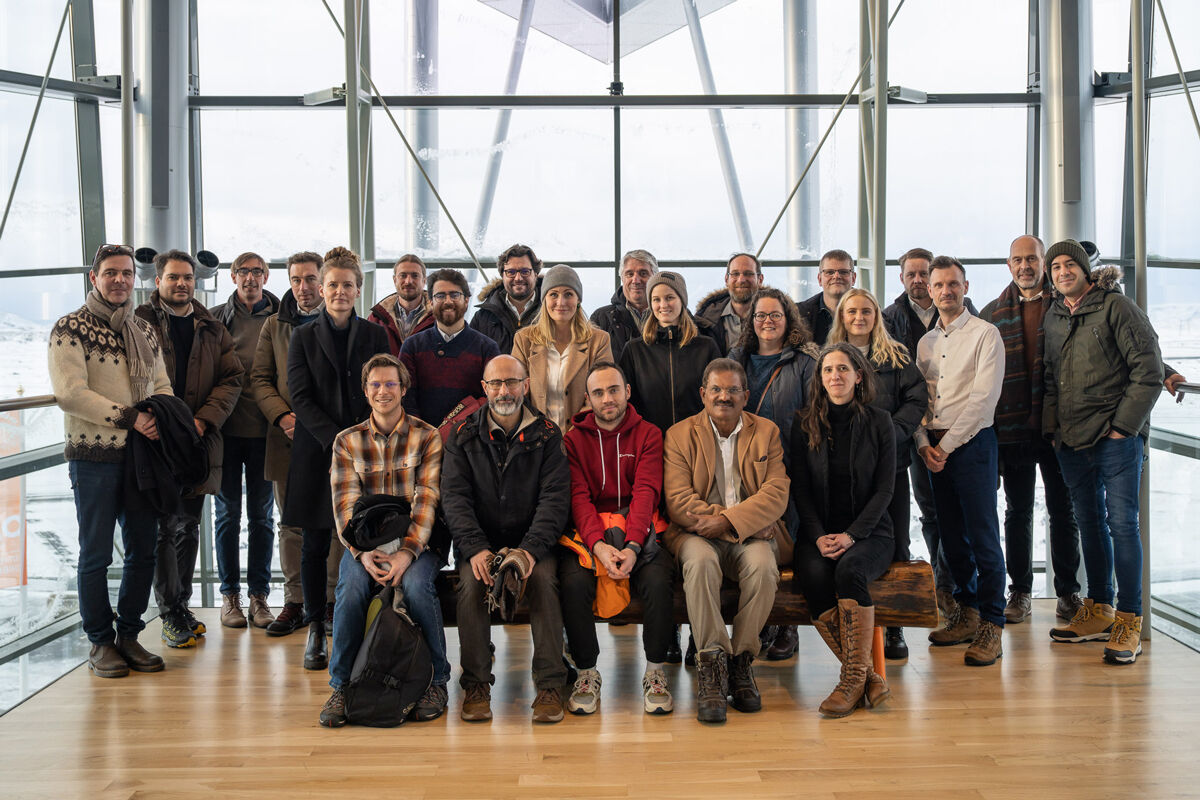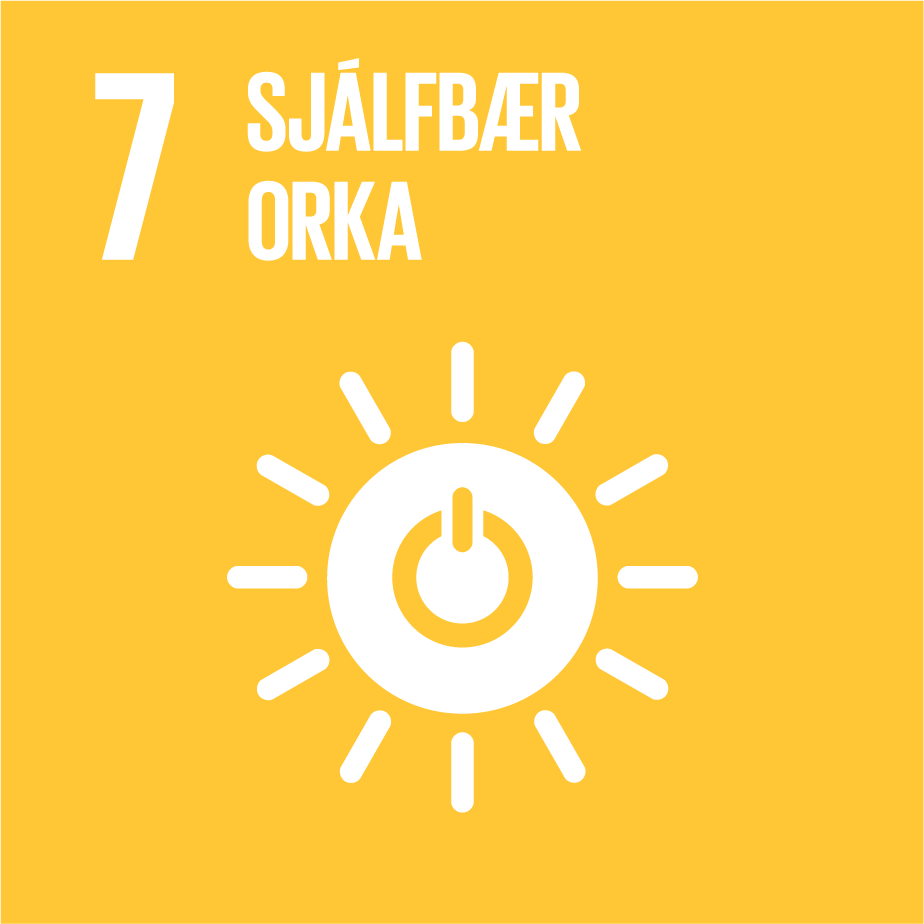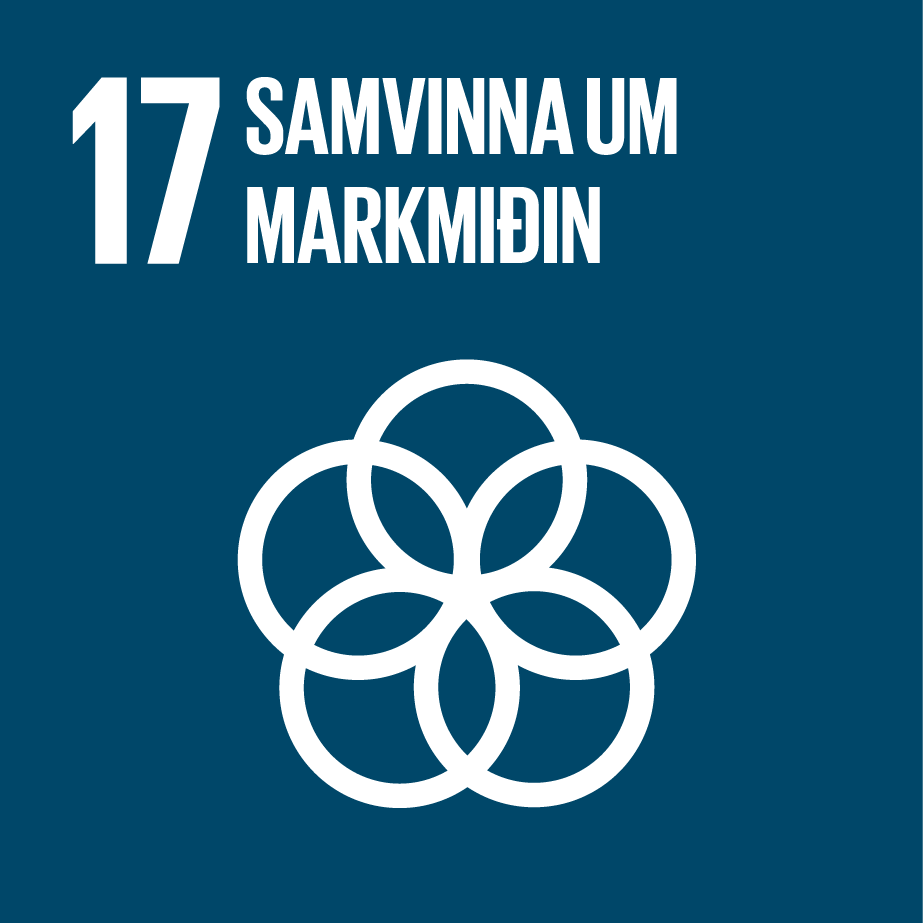The founding meeting of Whisper took place at Verkís headquarters

At the beginning of February, the founding meeting of the energy transition project WHISPER took place, where all the members of the project came together for the first time in a three-day work meeting at the Verkís headquarters in Ofanleiti, Reykjavík to plan the work of the up-coming semesters, and the project is now considered officially started.
The project involves a diverse team of 14 companies in six European countries, and the application process, which was both complex and extensive, was managed through the Icelandic company Evris. Verkís leads the project. The project is discussed in Fiskifréttir.
“It is a great honor to be given the role of managing the project because the European Union makes high demands on experience and professional project management skills in projects of this magnitude,” says Carine Chatenay, WHISPER project manager at Verkís. In addition to leading the project, Verkís will be in charge of technical project management, ecosystem analyzes and aerodynamic simulations.
WHISPER has recently been granted ISK 1.4 billion funding for 4-years from the EU’s innovation fund, Horizon Europe. WHISPER is a multinational collaborative project, in which Icelandic companies play a leading role. If the project’s plans realizes, it is believed that it will be possible to reduce the fuel consumption of bulk carriers by almost 30% and container ships by almost 15%.
The goal of the project is to develop and test innovative solutions in energy transition at sea that can significantly reduce greenhouse gas emissions from the world’s cargo ship fleet,” explains María Kristín Þrastardóttir, one of the founders of the innovative company Sidewind. It´s solution is one of the three technical solutions that are the basis of the project. María Kristín says the solutions lie in the retrofit of container ships and bulk carriers that are already in operation.
Firstly, with a mixed solar and wind energy technology, where Sidewind’s horizontal wind turbines and Solbian’s customizable solar cells produce electricity for the ships’ own energy consumption. Secondly, electric controlled sails will be developed by the French company Ayro, which will help propel the ships forward. At the same time, work will also be carried out on battery storage solutions for electricity. About 80-90% of goods transported in the world are by cargo ships and are the % is growing. Shipping emits 2.5% of greenhouse gases globally. Therefore, there is a lot to gain, and the project can have a great impact when it comes to energy transition at sea.
The project involves a diverse team of 14 companies in six European countries, and the application process, which was both complex and extensive, was managed through the Icelandic company Evris. In addition to Verkís and Sidewind, the Icelandic companies Samskip, BBA//FJELDCO and Athygli are participants in the project. Foreign participants are Canoe, Ayro and Stirling Design from France, Solbian, Ant Topic and Dotcom from Italy, Nav-Tech from the Netherlands, Lloyds Register from Great Britain and Inspiralia GmbH from Austria.
Part of the project consists in trial sailing the technical solutions and thus demonstrating that they are both suitable and deliver the expected results under real conditions. First, Sidewind’s wind turbines and solar cells will be tested on Arnarfelli, Samskip’s container ship, but later all the solutions together will be tested on a bulk carrier commissioned by Ant Topic.


